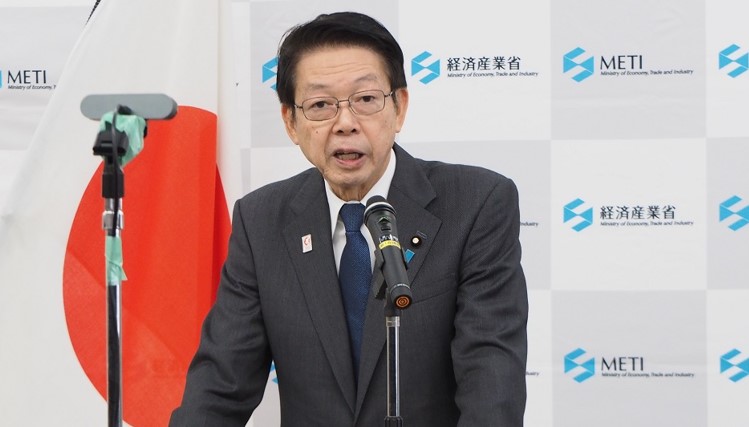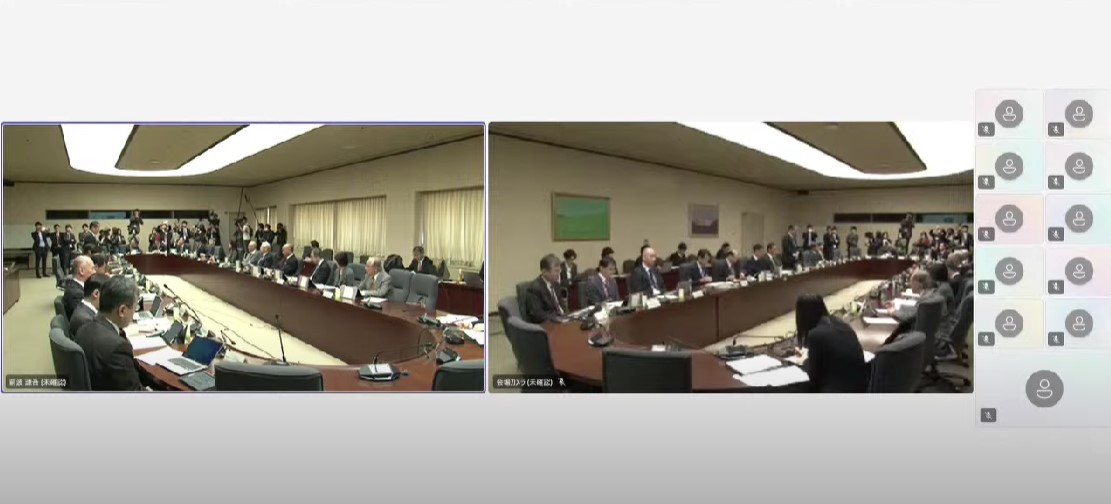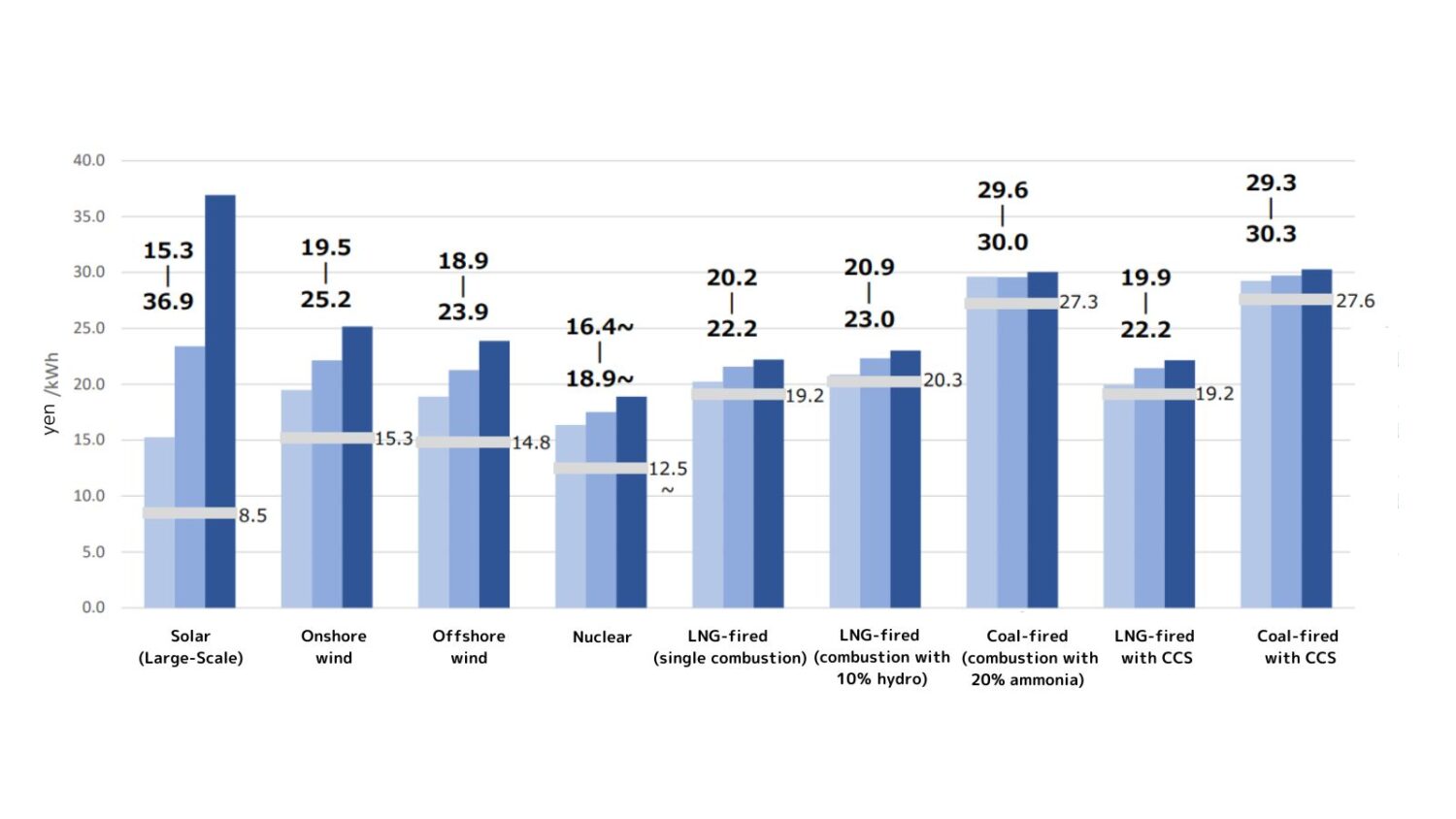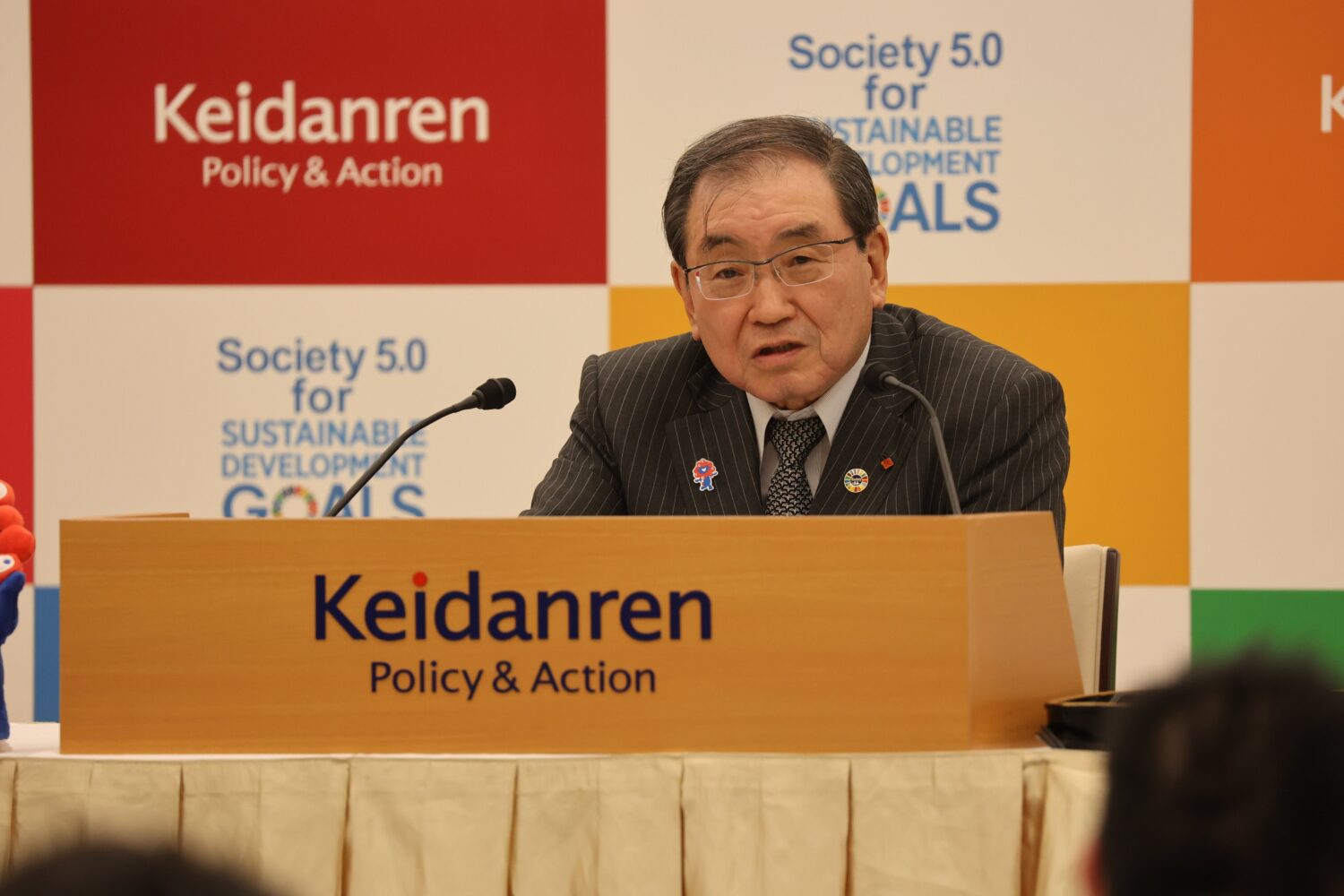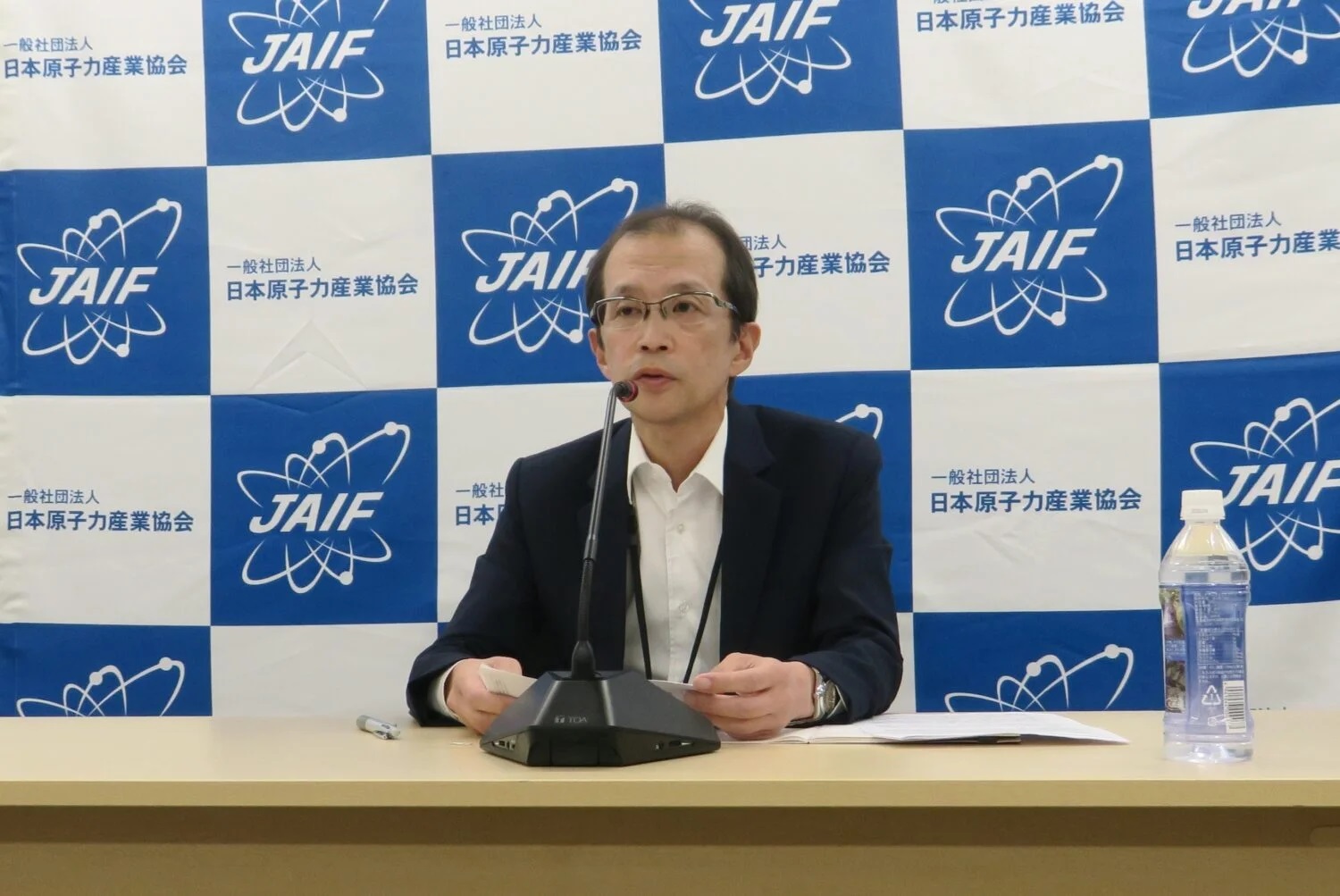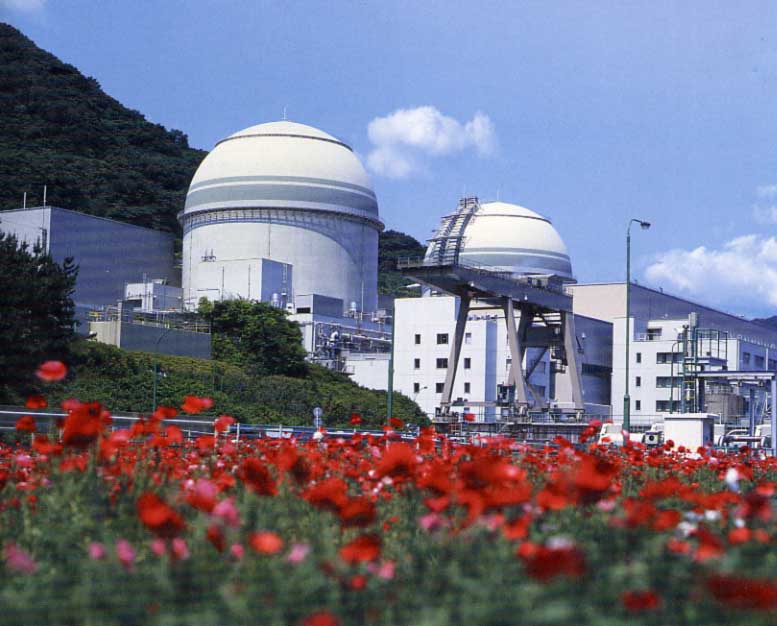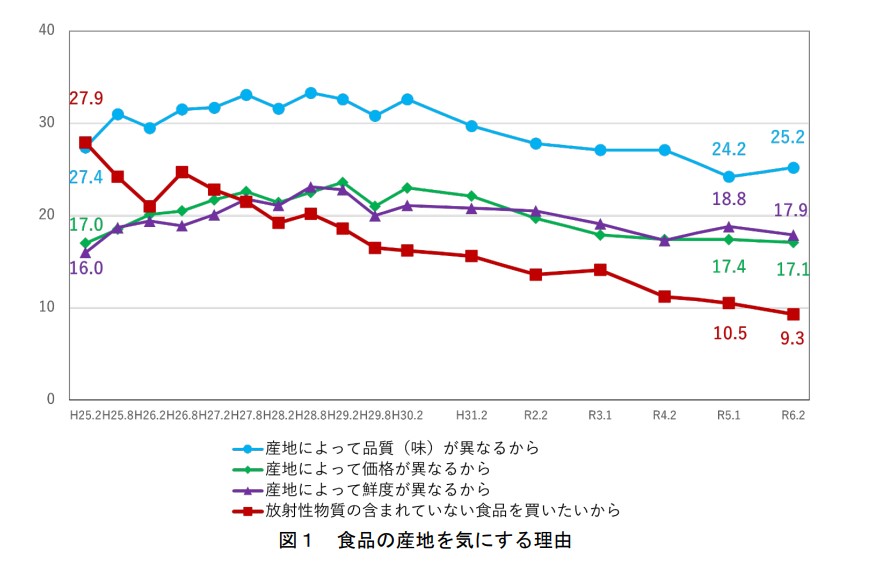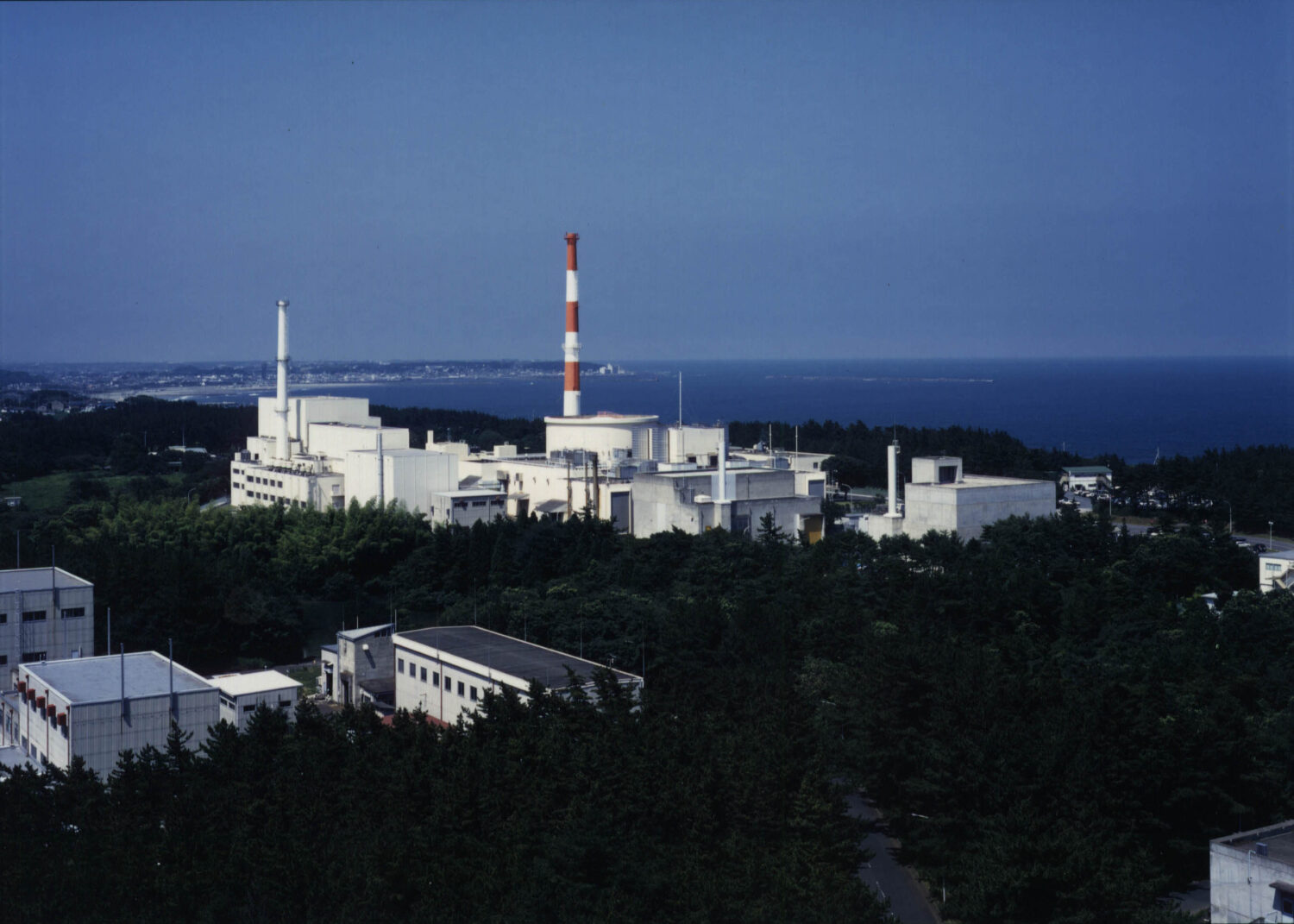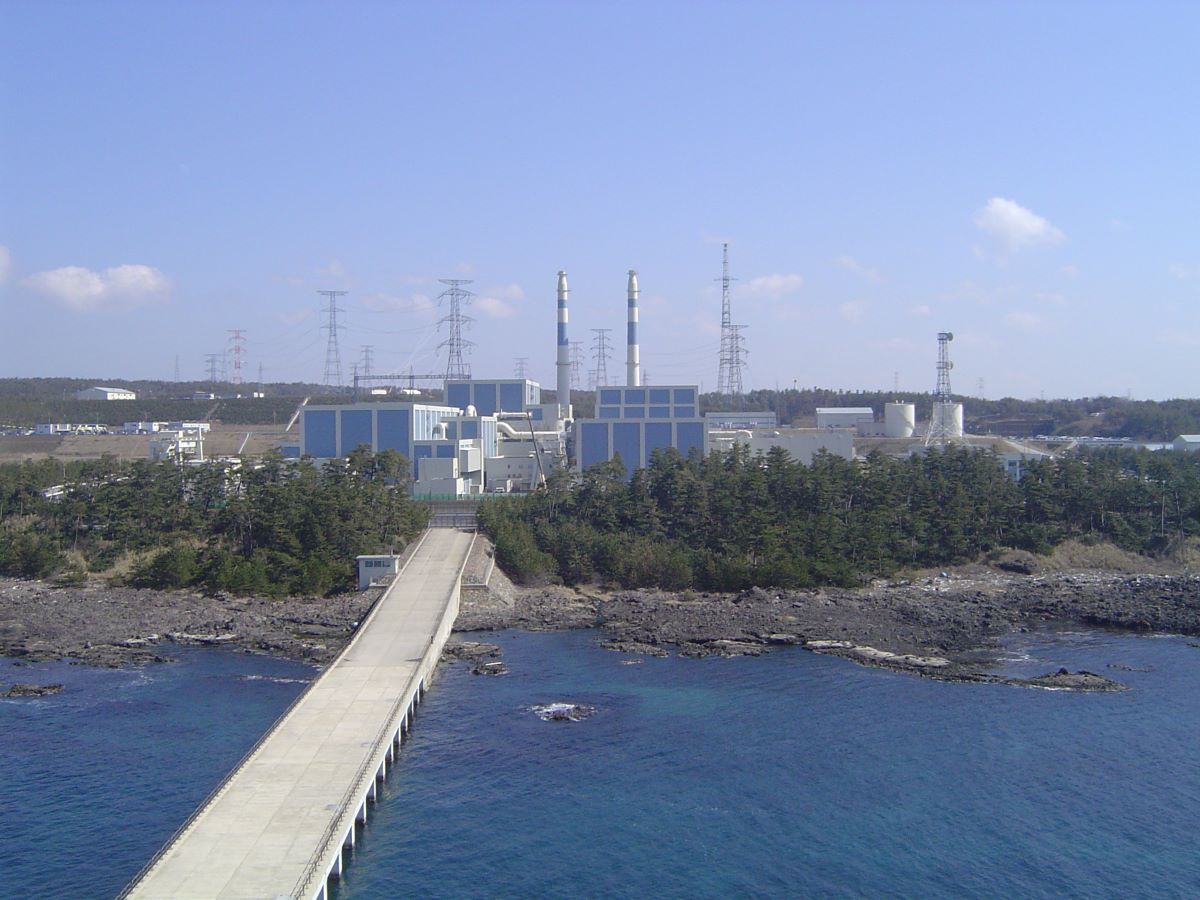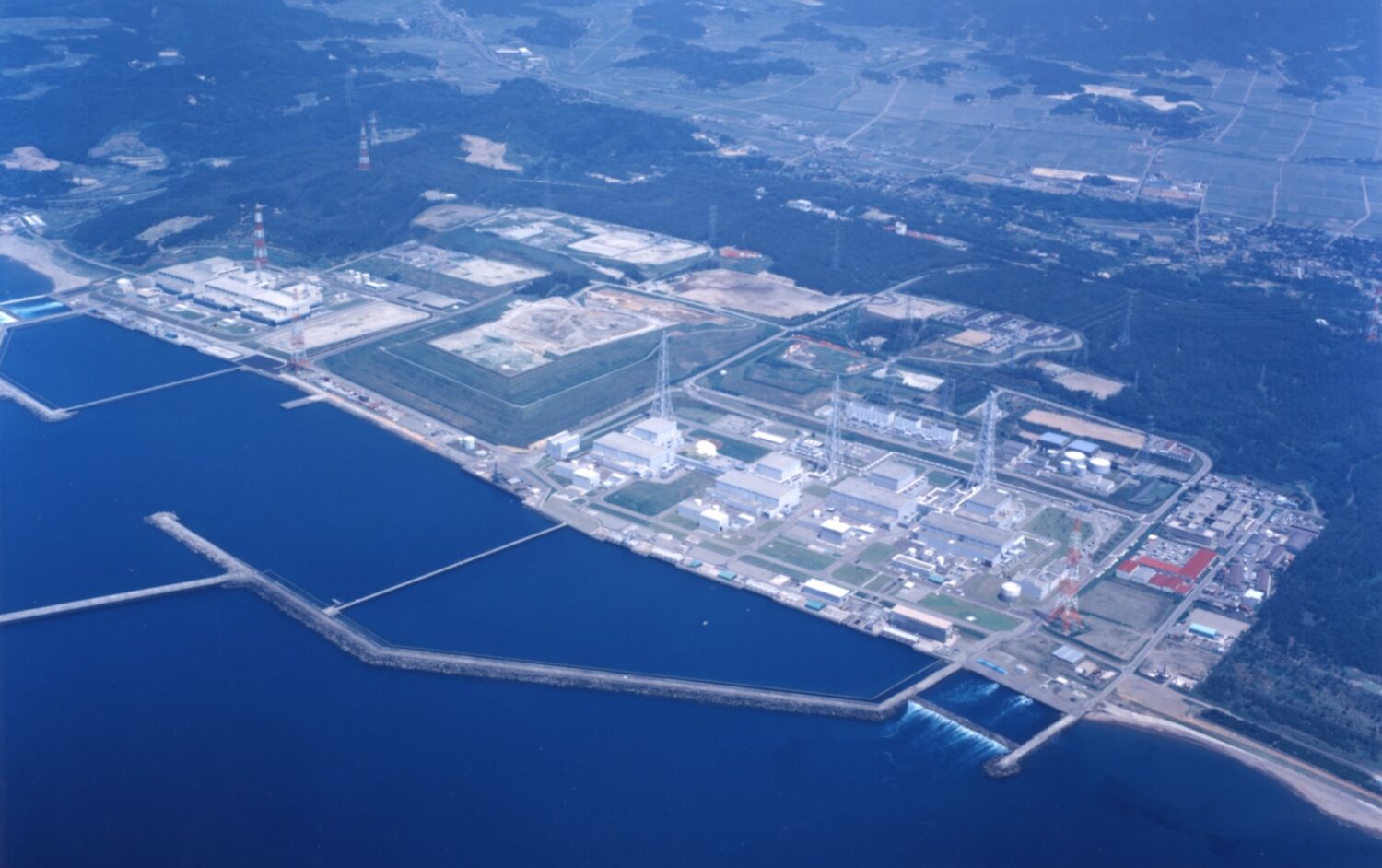Of the five commissioners, Chairman YAMANAKA Shinsuke and three others voted in favor, while Commissioner ISHIWATARI Akira continued his opposition from the previous meeting on February 8. The government plans to present a bill to the current session of the Diet.
The NRA Secretariat, performing its secretariat functions by coordinating and facilitating, presented a draft revision to the Reactor Regulation Law at the extraordinary meeting earlier on the same day, and Chairman Yamanaka and the four other commissioners discussed it. As Commissioner Ishiwatari had expressed his objection at the regular meeting on February 8, the NRA had deferred its decision until the next meeting.
As mentioned already Commissioner Ishiwatari repeated his earlier objections on the day of the meeting. He reiterated his position that “the NRA must protect the current Reactor Regulation Law and there is no need to take the lead in changing it.” The gap in recognition between him and the others had not narrowed. Ishiwatari specializes in geological science and is responsible for examinations related to earthquakes and tsunami.
Under the new system approved by the NRA, the provisions in the Reactor Regulation Law on operation up to 60 years will be repealed. It will be enacted that the NRA will examine the safety of NPPs at their 30th year of operation, and repeat the examination for approval every ten years thereafter, thereby ascertaining age-related deterioration and the safety of aging NPPs.
The limitation to 60 years of operation itself will be inserted into the Electricity Business Act under the jurisdiction of the Ministry of Economy, Trade and Industry (METI), and will be continued. As a result, NPPs in Japan will be operable beyond 60 years from their entry into service by excluding periods when their operation was suspended, including for examinations by the NRA.
The reason for the changes to the legal framework is that the NRA, which conducts safety examinations based on the Reactor Regulation Law, had expressed its view that it was “not in the position to say” what operating lifetimes should be.
When full discussions on that matter began, there had been a proposal to remove the upper limit on operating lifetimes, but that was put off based on cautions expressed primarily by the ruling Liberal Democratic Party (LDP). Under the basic policy aimed at implementing a Green Transformation (GX) approved by the Cabinet on February 10, the government will establish a restriction similar to the current one and recognize additional extensions as limited ones.
Meeting the press after the NRA meeting, Chairman Yamanaka explained why it moved ahead with the decision based on a simple majority rather than doing so unanimously, saying that the “fundamental idea” on operating lifetimes was different between Commissioner Ishiwatari and the other four members, and that he was sorry that such was the case. According to the relevant law governing NRA operations, if the chair and the four other commissioners disagree, NRA decisions may be made by a majority of the five.
Since 2022, the NRA has been discussing a revision to the safety system ensuring the safety of older NPPs, in parallel with deliberations by METI, involving the extension of NPP operating lifetimes.


-1.png)

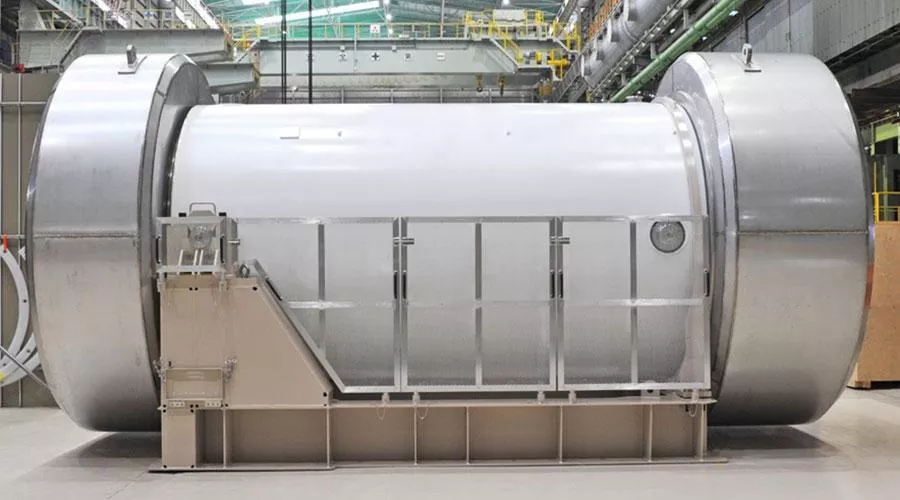
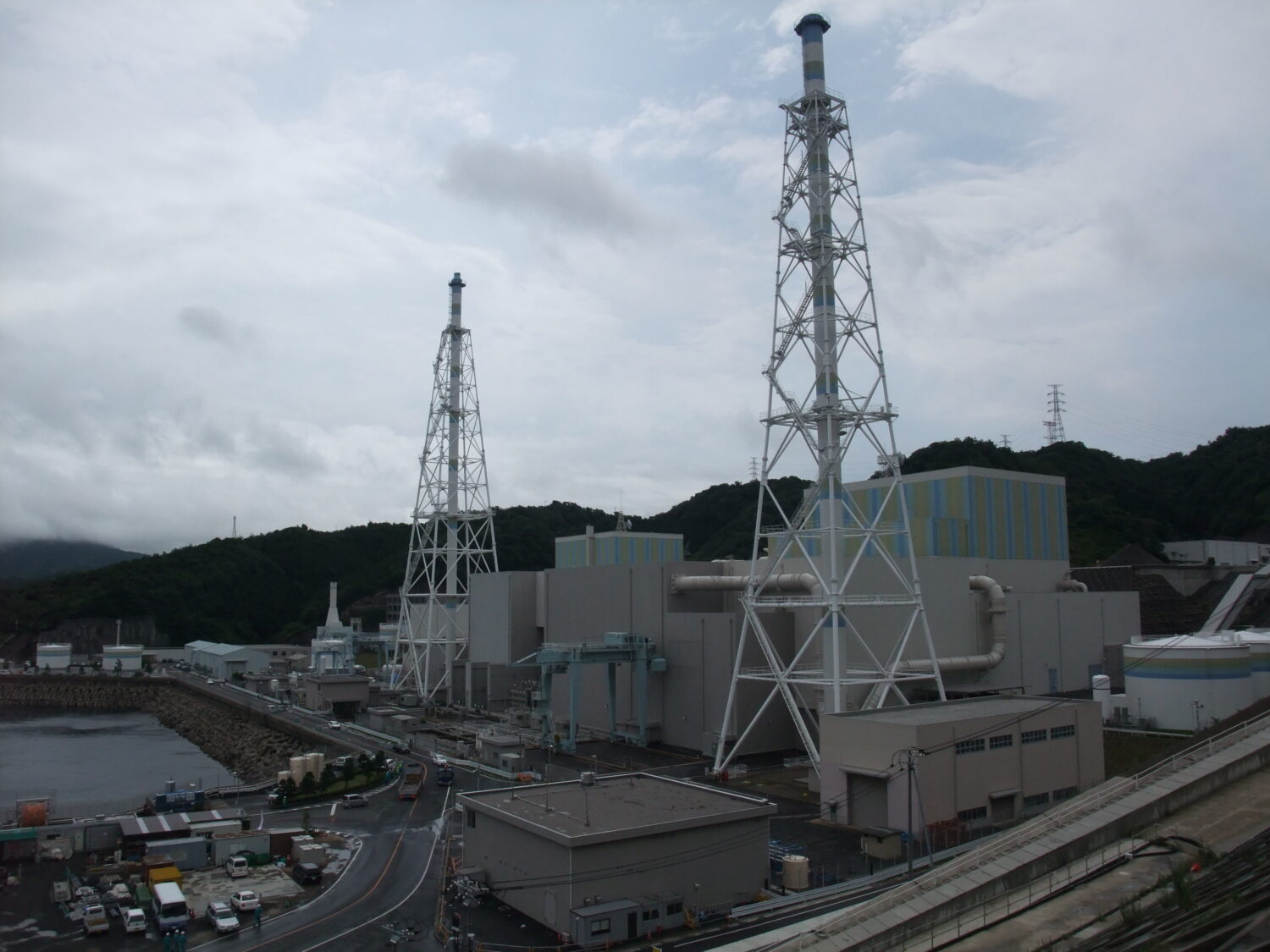

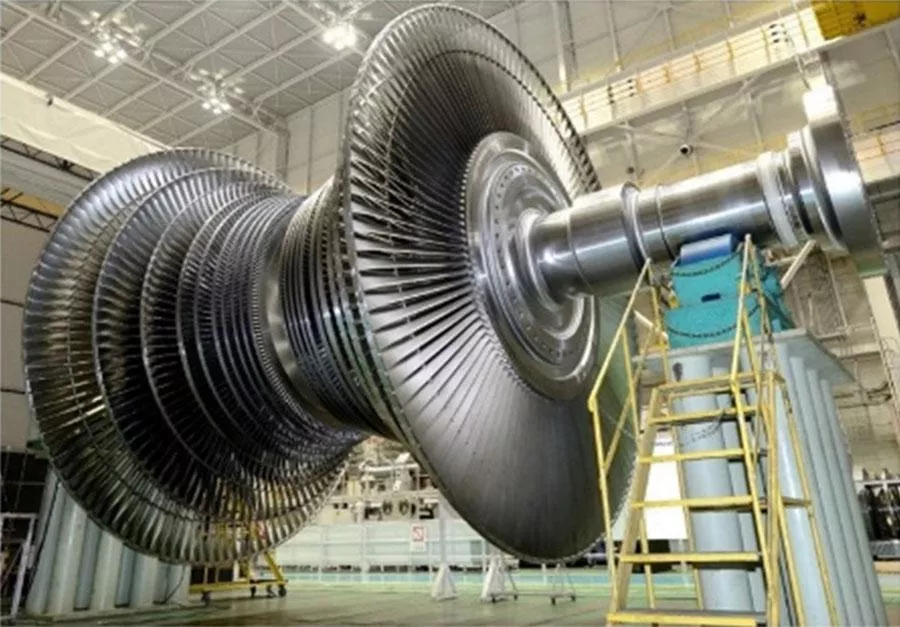

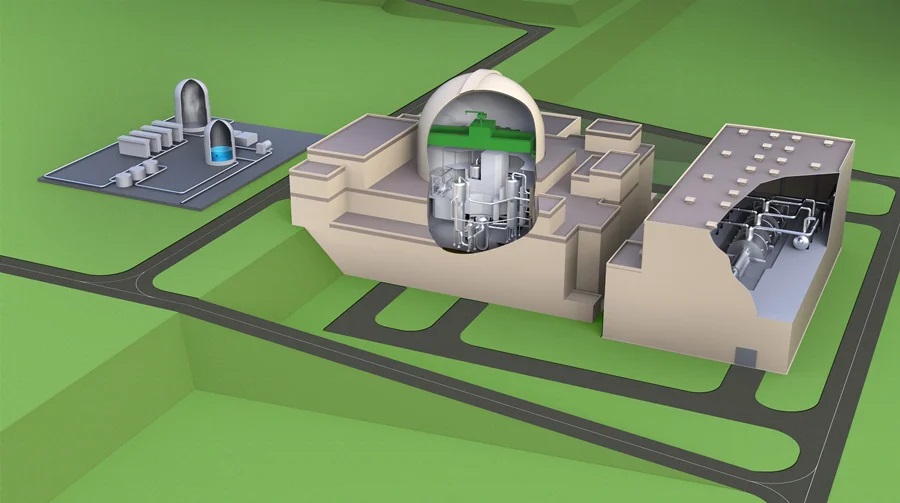
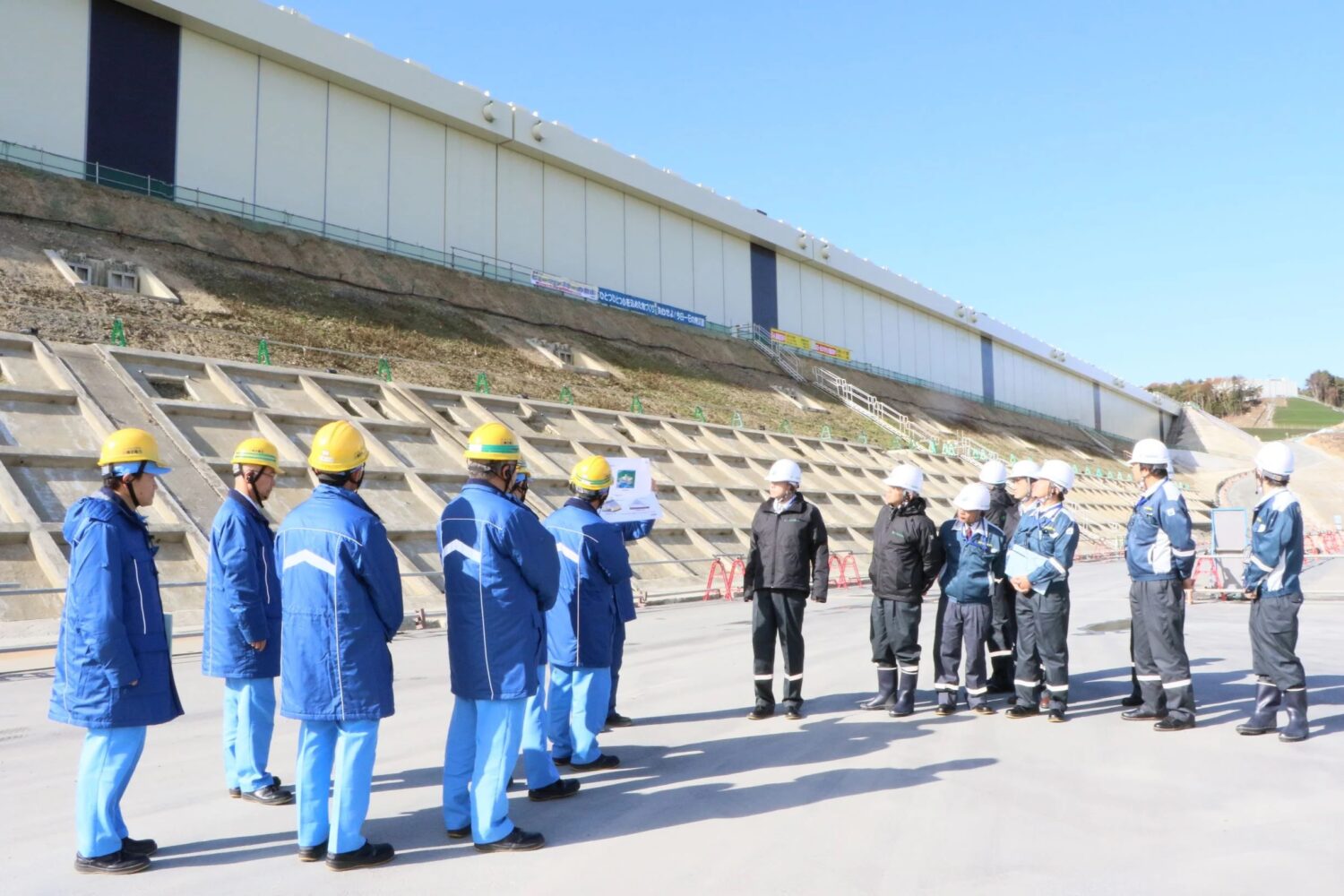
.jpg)




